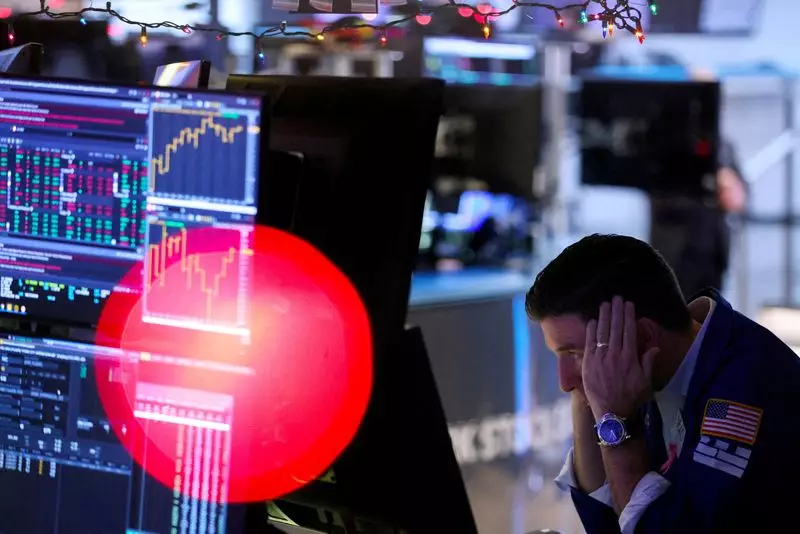In an era where geopolitical events can rapidly alter market conditions, the necessity for a diversified investment approach has never been clearer. Recent tensions in the Middle East, particularly the conflict between Israel and Hezbollah, have sparked worries over potential regional instability. Analysts from UBS emphasize that diversifying assets is crucial for minimizing exposure to specific volatile events. While these conflicts can create ripples in financial markets, presently, their broader impacts have remained relatively muted.
The potential for further escalation, particularly involving key players like Iran and the United States, remains a pressing concern. Such developments could lead to significant disruptions in energy supplies, particularly in critical shipping routes such as the Strait of Hormuz. This scenario underscores the importance of strategically allocating assets across various sectors to mitigate risks while remaining invested in growth opportunities.
UBS analysts caution that should hostilities escalate further, we could see notable effects on oil markets. Despite recent stability in oil prices, the threat of conflict jeopardizes supply routes, making oil-related assets an attractive hedge for investors. Historical precedents remind us how a single disruption can propel crude prices above $100 per barrel, causing shockwaves throughout the economy. As such, investors should consider integrating oil-centered investments into their portfolios as a precaution against geopolitical upheaval.
Moreover, the analysts shed light on the role of precious metals, specifically gold, as an effective tool in times of uncertainty. With a notable price rise of nearly 30% this year, gold proves its worth as a safe haven asset. The factors driving this increase include anticipated U.S. Federal Reserve rate cuts and mounting seasonal demand for jewelry. Furthermore, central bank acquisitions of gold are likely to continue, bolstering its position as a vital component of a well-rounded investment strategy.
In turbulent times, concentrating on high-quality credit assets provides investors a layer of stability in the face of market volatility. Such assets can act as a protective buffer against economic fluctuations and help preserve capital. The recent depreciation of the Israeli shekel owing to ongoing conflict is a stark reminder of the vulnerabilities inherent in foreign currencies during geopolitical turmoil. While this adds pressure to Israel’s overall fiscal health, it also highlights the necessity for global investors to consider the broader economic landscape rather than fixate solely on isolated events.
While current geopolitical issues pose notable risks, UBS underscores the importance of maintaining a long-term perspective. A diversified investment approach allows investors to weather short-term disruptions while remaining poised to capitalize on the long-term macroeconomic growth opportunities. By integrating various asset categories—ranging from energy investments to precious metals and high-quality credit—investors can navigate the complexities of today’s financial ecosystem. The key lies in crafting a portfolio that not only addresses present risks but also positions investors favorably for a more stable economic future.

